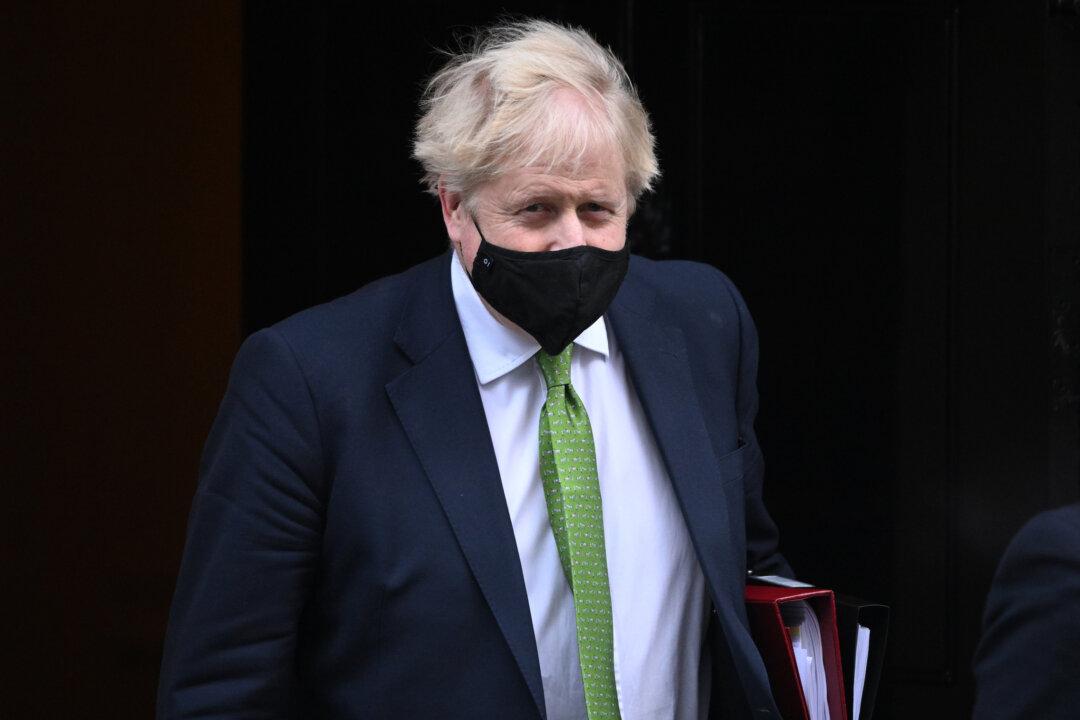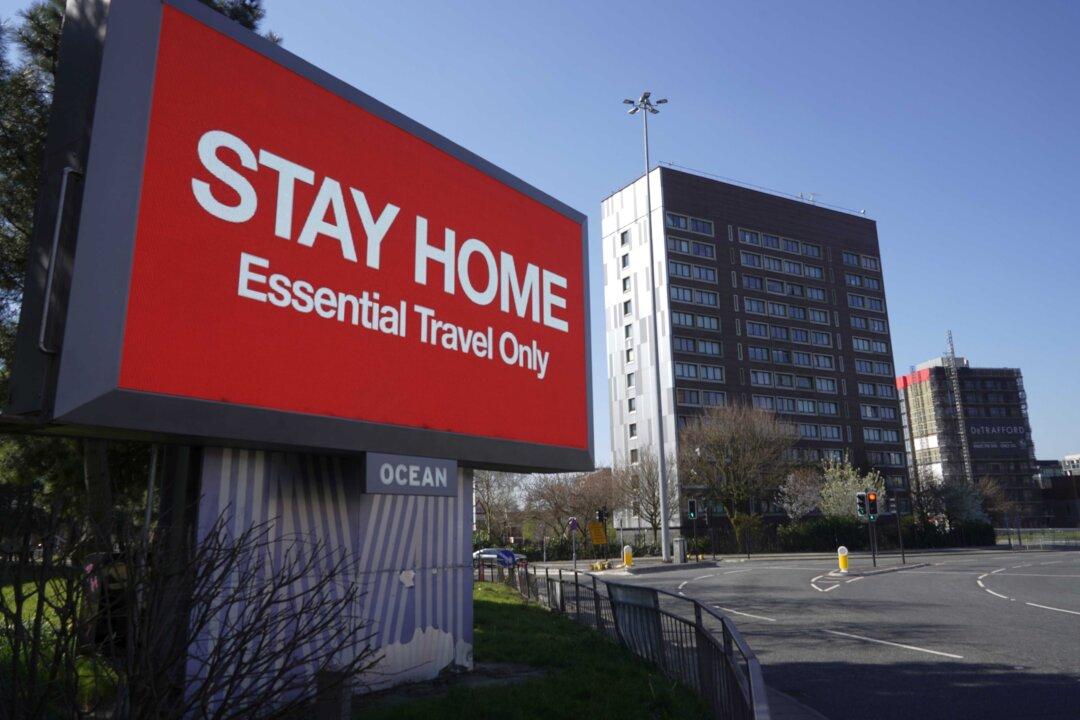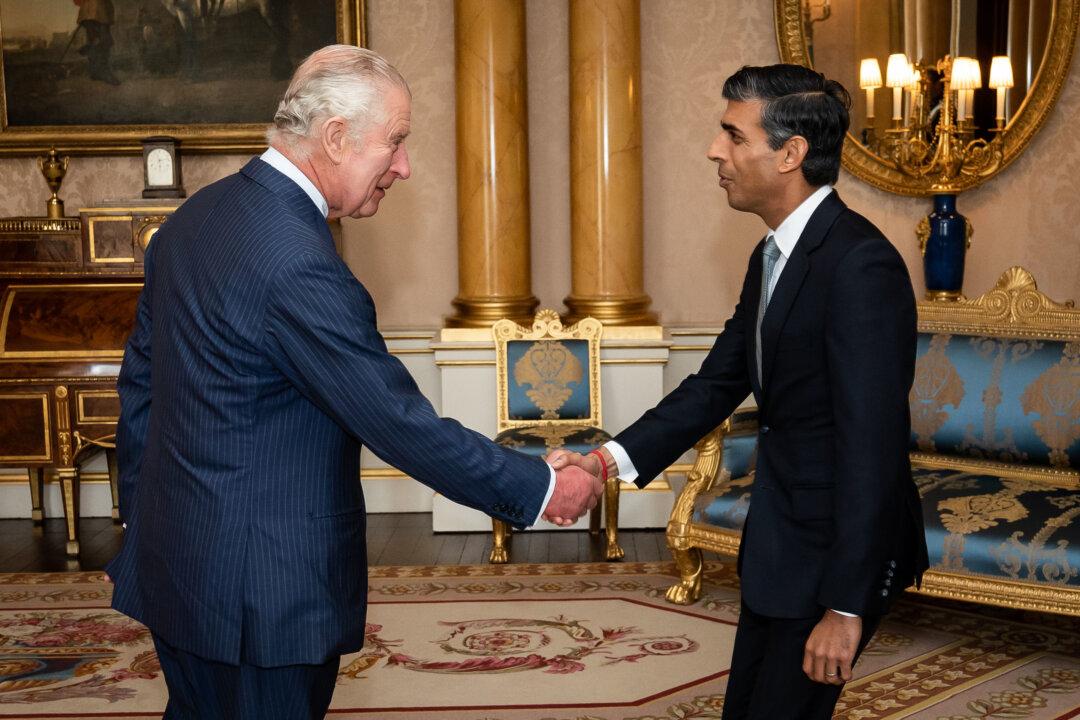Commentary
It’s normal during Prime Minister’s Questions time in the House of Commons for opposition parties to attack the UK government’s record in often-heated exchanges, but on Jan. 19, Boris Johnson suffered the strongest attacks from his own side.





